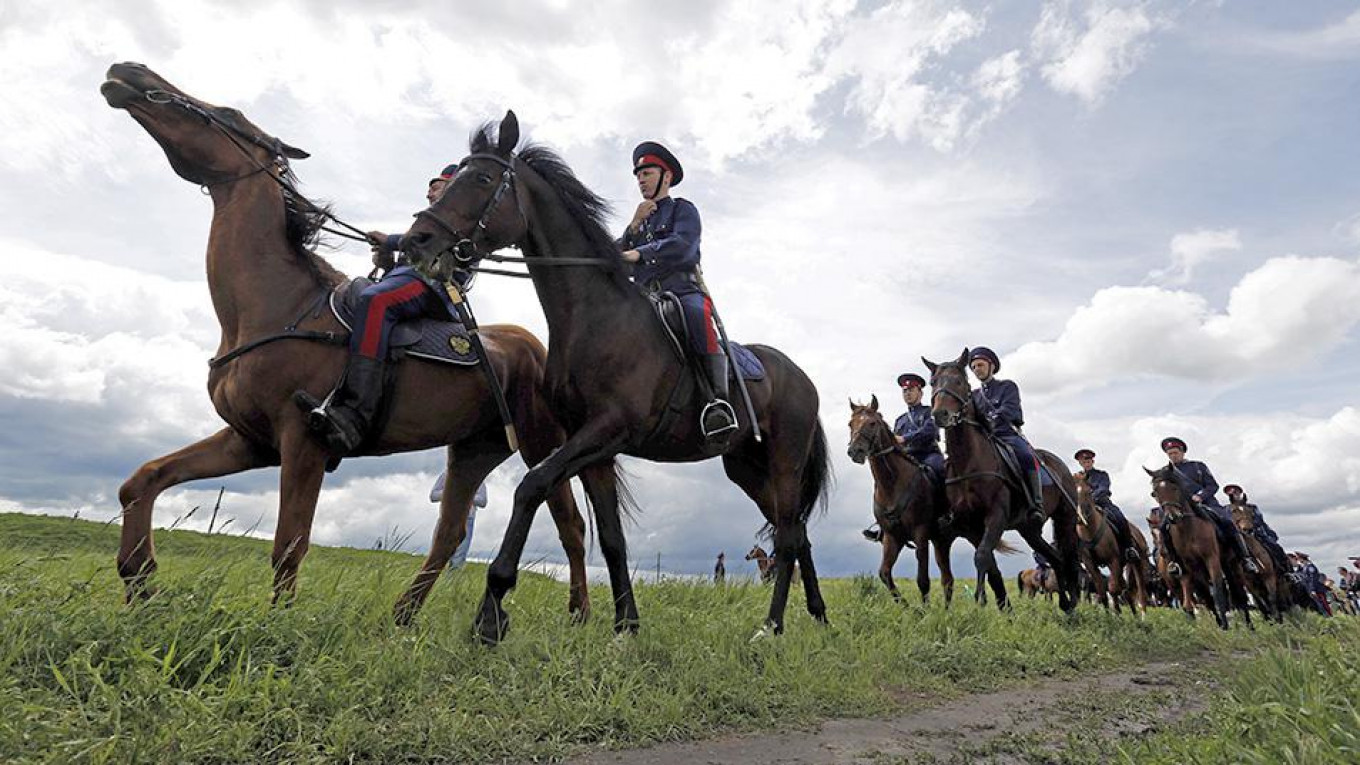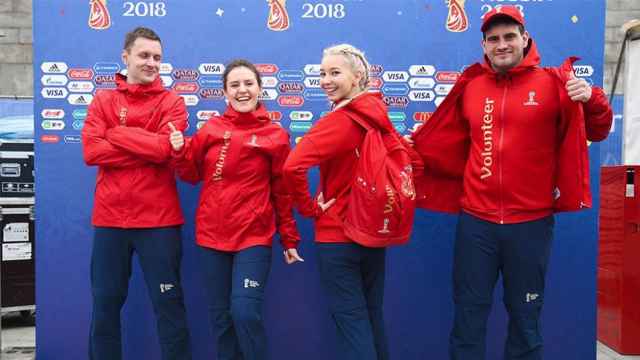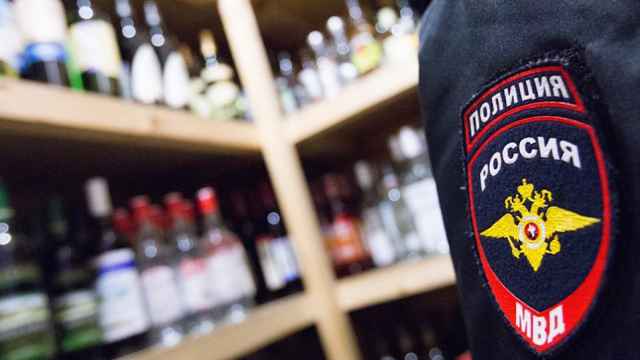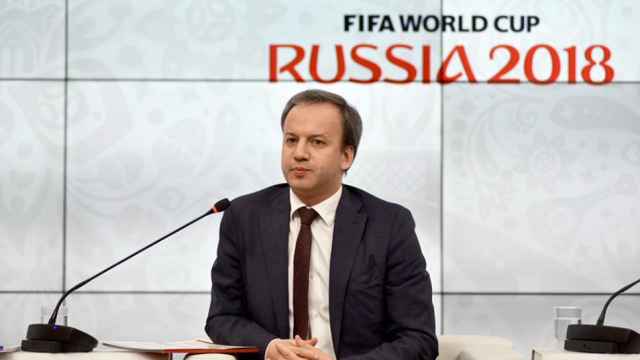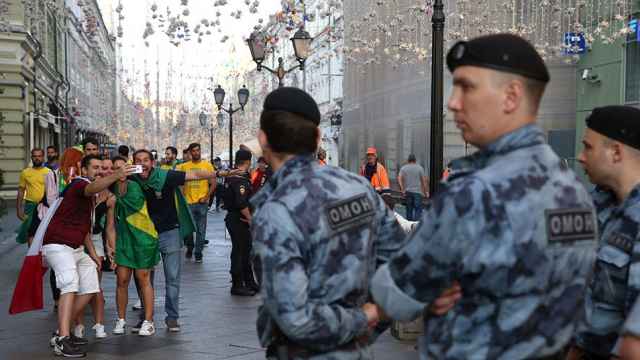More than 300 Cossacks will help to keep streets safe during the 2018 World Cup in Rostov-on-Don, TASS news agency reported citing Mikhail Bespalov, the first deputy ataman of a local Cossack army unit.
Cossacks will work alongside regular police squads in the southern city, which will host four group stage matches and one round of 16 match. One hundred of these Cossacks will be on horseback.
The Cossacks had served tsars for centuries, lending their sabers to help conquer Siberia, the Caucasus and Central Asia in return for land and privileges, but their numbers declined during the Soviet Union. The culture was all but extinct when then-President Boris Yeltsin issued a decree encouraging its revival in the 1990s, and under President Vladimir Putin, registered Cossack organizations have been set up across the country and championed as a symbol of patriotism.
“Unlike the police, we represent the Quiet Don," Bespalov said. "We emphasize that we are Cossacks from the Don, with military stripes, in beautiful uniforms, we are smiling. We are even starting to learn foreign languages. Of course, we will not have time to learn the five languages of the teams who visit us, but I think the Cossacks will still always find a way to explain to people where to go and how to behave."
With less than 50 days to go until the international tournament, the Cossacks are in training for their new roles, including taking first aid courses. Some Cossack units have already gotten a first taste of their upcoming responsibilities during test matches.
The Cossacks are expected to help patrol the city center, the areas near the Rostov Arena and Platov Airport, as well as the fan zone and waterfront in Rostov-on-Don.
A Message from The Moscow Times:
Dear readers,
We are facing unprecedented challenges. Russia's Prosecutor General's Office has designated The Moscow Times as an "undesirable" organization, criminalizing our work and putting our staff at risk of prosecution. This follows our earlier unjust labeling as a "foreign agent."
These actions are direct attempts to silence independent journalism in Russia. The authorities claim our work "discredits the decisions of the Russian leadership." We see things differently: we strive to provide accurate, unbiased reporting on Russia.
We, the journalists of The Moscow Times, refuse to be silenced. But to continue our work, we need your help.
Your support, no matter how small, makes a world of difference. If you can, please support us monthly starting from just $2. It's quick to set up, and every contribution makes a significant impact.
By supporting The Moscow Times, you're defending open, independent journalism in the face of repression. Thank you for standing with us.
Remind me later.


